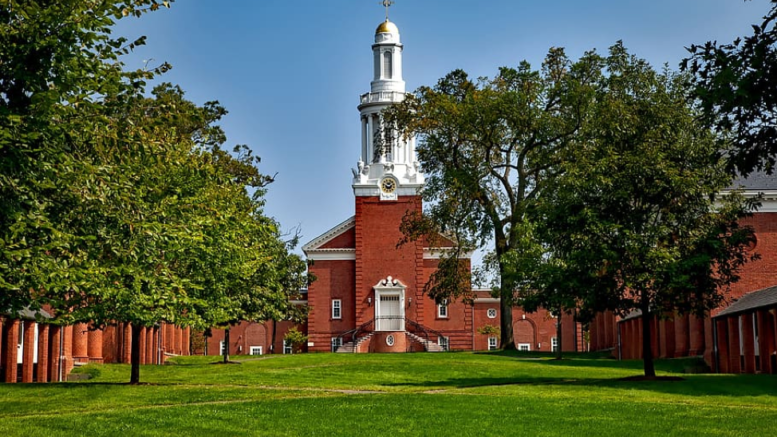Yale University, an Ivy League school, was founded in 1701 and it is the third oldest university in the United States. Simply stated, Yale is one of the most prestigious schools in the country, therefore, admission into the university is highly selective. Recently, Yale has been accused for discriminating against white and Asian students during its admission process.
DOJ Investigation
The Department of Justice has been conducting an on-going investigation against Ivy League schools that base a student’s admission by their race.
“Yale uses race at multiple steps of its admissions process resulting in a multiplied effect of race on an applicant’s likelihood of admission,” according to a recent report issued by the department.
The Justice Department concluded that Asian Americans and Whites have “Only one-tenth to one-fourth of the likelihood of admission as African American applicants with comparable academic credentials”
To ensure this, the report states that Yale rejects the scores of applicants who identify as Asian Americans and whites.
Yale Reject Accusations
The university has rejected such accusations. They argue that many factors play a role during the admissions process and they look at the “whole person.”
The Department of Justice has ordered them to suspend their reliance on an applicant’s race or nationality to base their admittance into the university, but Yale has promised to keep a steadfast hold of their admissions process.
In his defense, Peter Salovey, Yale’s president, states that the allegations are baseless especially at a time when the country’s attention is focused heavily on the issue with race.
Yale University is not the only school that has been targeted for the usage of affirmative action in the admissions process. Harvard recently won a case that initially started in 2014.
The allegations charged against them stated that the university favored Black and Hispanic applicants and created classes that were racially balanced to display that they exemplified in diversity. Even though Harvard was able to stand its ground, it seems as though the Department of Justice is on a mission. Their mission is to target all Ivy Leagues that display any form of illegal favoring of a certain race to fill the seats in their classrooms.
What is Affirmative Action?
Affirmative action is a policy that encourages businesses or schools to give better opportunities to commonly known underrepresented communities on a basis of their religion, race, gender or sexual orientation.
This policy aims to decrease the effects of previous discrimination towards a group of people. Common implementations of this policy include scholarships to underrepresented peoples such as women or African Americans. Universities may even base the acceptance or rejection of an applicant on the basis of their race or gender.
While affirmative action did stem from good intentions that were developed to enforce The Civil Rights Act of 1964, the Supreme Court has recently held that some universities are violating the limitations.
While they imply that universities can aim to increase the diversity of students in their classrooms, some actions are unconstitutional. Universities like Yale and Harvard have been accused of applying racial quotas or tailoring a specific number of seats for racial or ethnic groups in classrooms.
Percentage of Minority Groups Admitted to Yale
The Justice Department has looked into the percentage of minority groups that are admitted into Yale. Their research found that there is a balance between the number of students admitted from specific groups.
Other charges against Yale include their need to make an applicant’s race as a sole factor for admission. The Supreme Court may be heavily endorsed in this case due to one reason in particular: Yale has vowed to keep their admission process as it is currently and do not intend to take the charges against them too seriously.
The main question that remains now is whether or not Yale will be able to win the case against the Supreme Court. If not, what type of change will be enforced to their admission process?
This article was written by Bibi Samia of New York, NY.

Be the first to comment on "Yale v. DOJ in Affirmative Action Case"